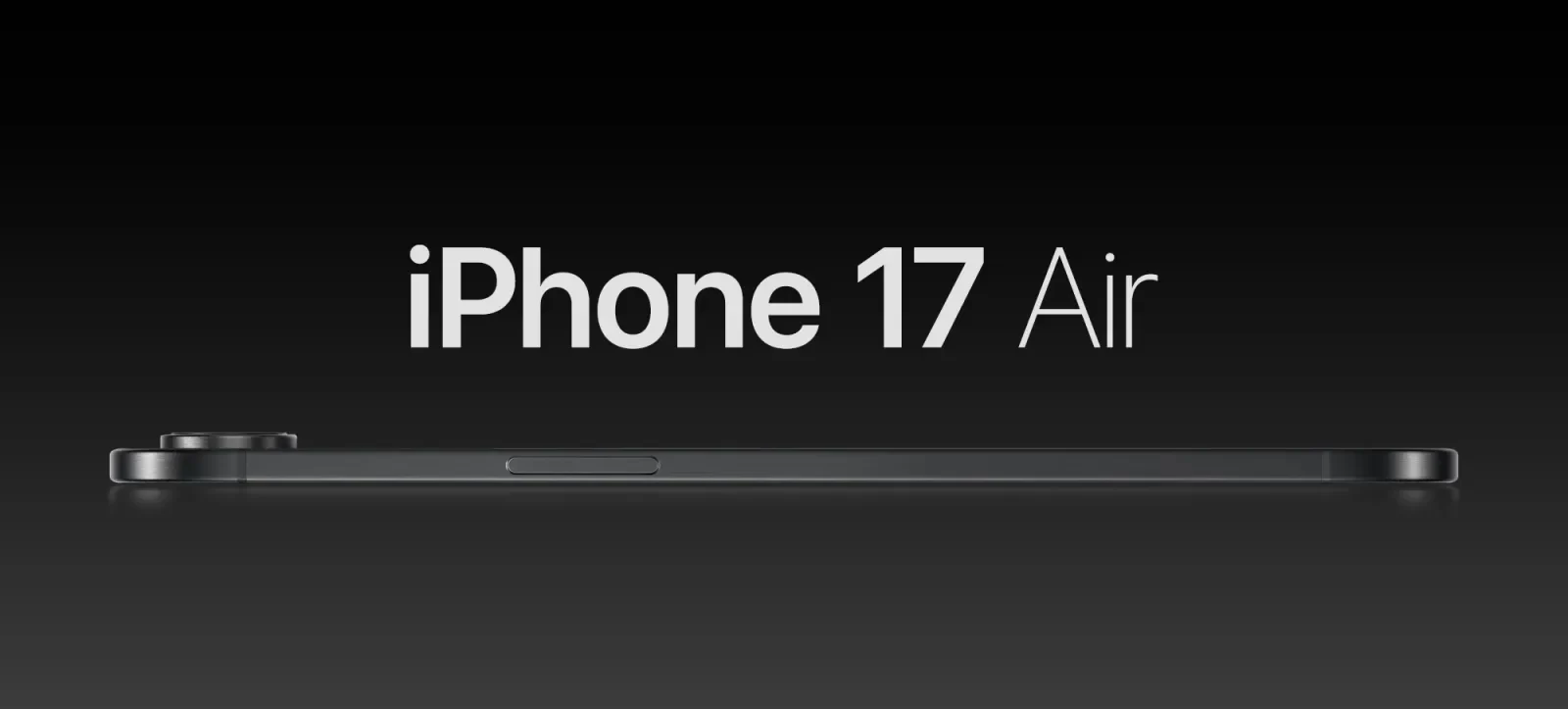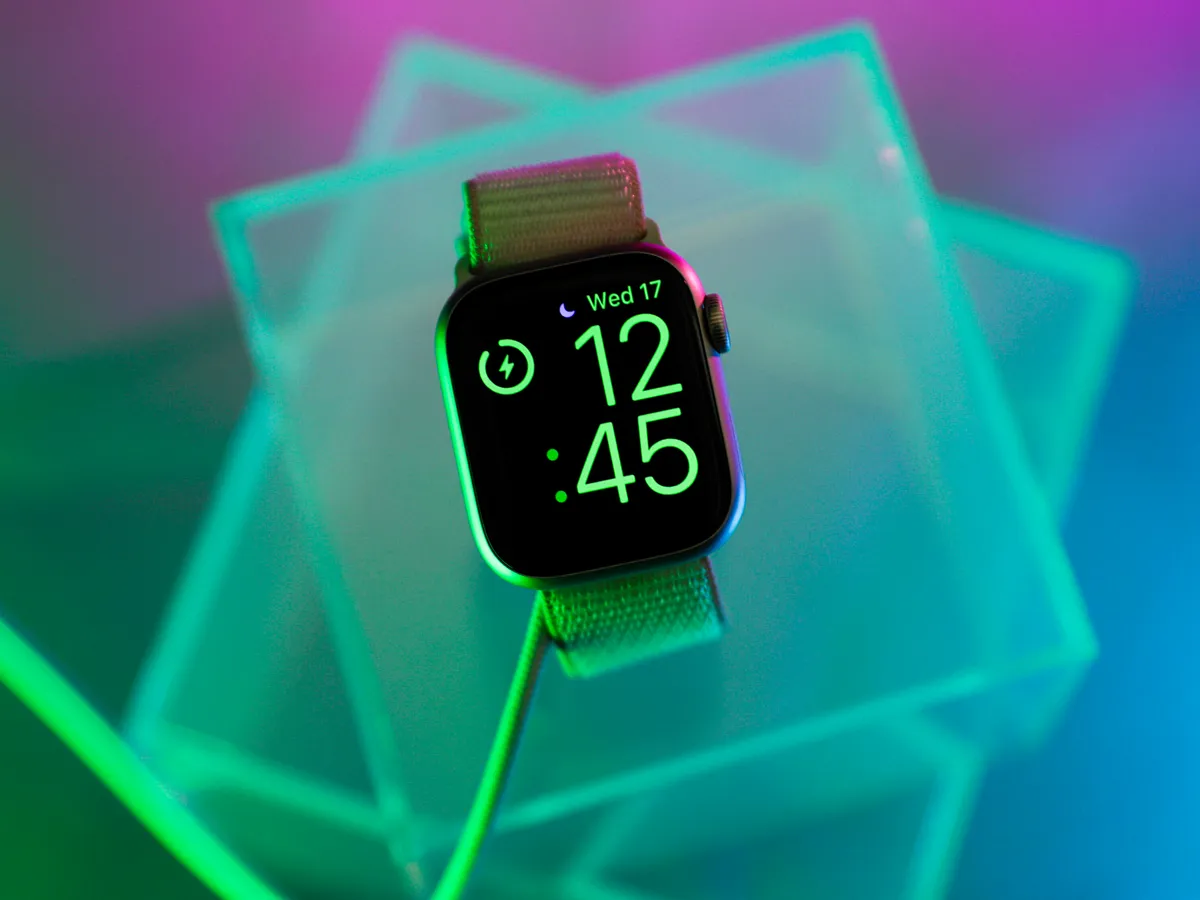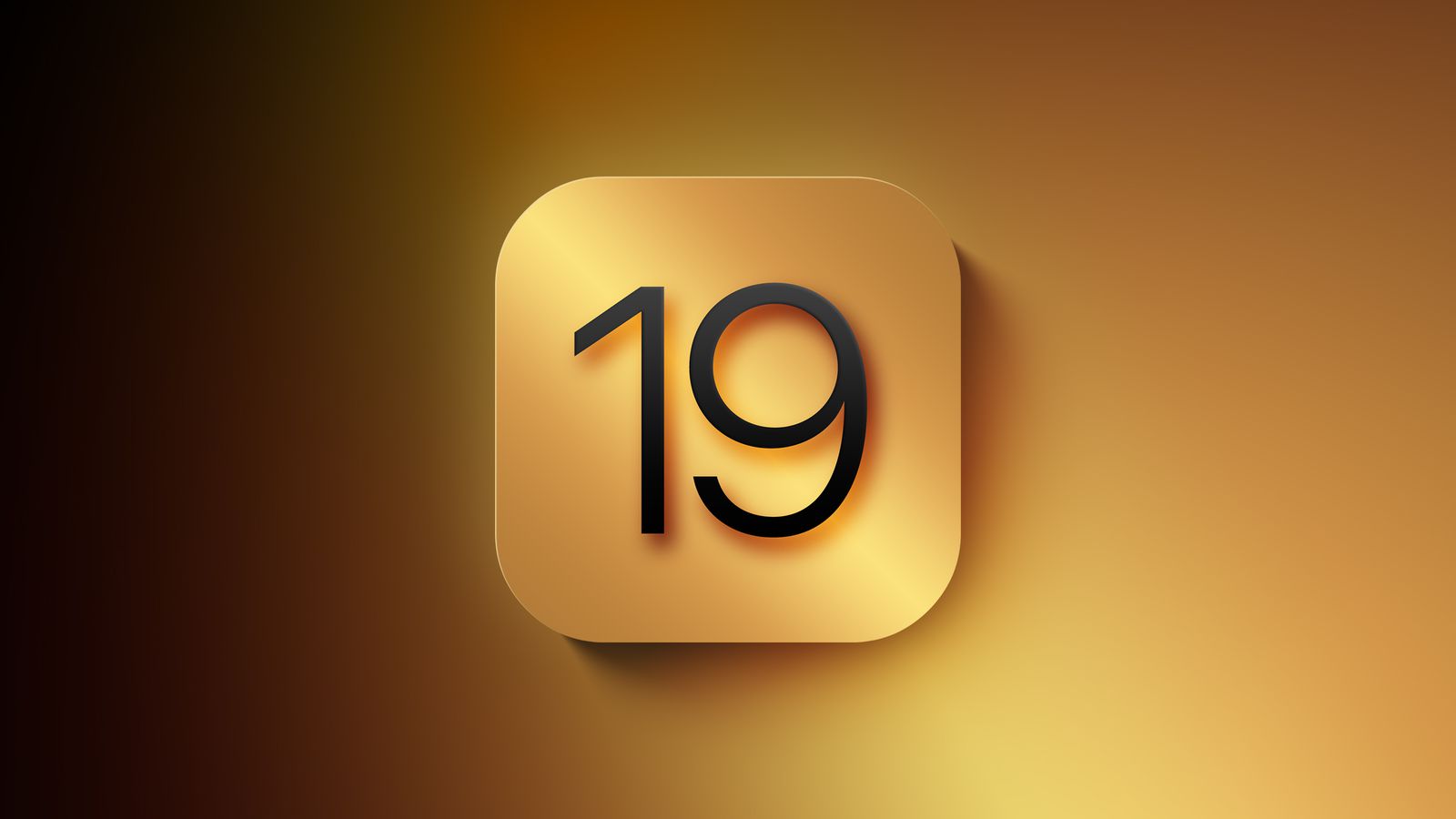The tech world is abuzz with speculation about Apple’s upcoming product releases, ranging from a potential refresh of the iPhone SE and iPad lines to a significant overhaul of the MacBook Pro. While timelines remain fluid, and some rumors are quickly clarified by industry insiders, a clearer picture is beginning to emerge.
Initial reports suggested a simultaneous launch of a new iPhone SE and iPad alongside iOS 18.3 and iPadOS 18.3. However, Bloomberg’s Mark Gurman quickly tempered these expectations, clarifying that while these devices are indeed in development and tied to the iOS 18.3 development cycle, their release won’t necessarily coincide with the software updates. Instead, Apple is reportedly aiming for a release sometime “by April,” preceding the arrival of iOS 18.4. This subtle but crucial distinction provides a more realistic timeframe for those eagerly awaiting these devices.
Beyond the immediate horizon, Apple’s long-term plans for its MacBook Pro line are generating considerable excitement. Following the recent M4 update and with an M5 version anticipated in late 2025, it’s the 2026 model that has captured the imagination of many. This iteration is rumored to be the most significant Mac upgrade in the company’s history.
One of the most anticipated changes is a complete redesign. The last major MacBook Pro redesign occurred in 2021, a move widely praised for restoring essential ports, addressing keyboard issues, and generally righting past wrongs.
The 2026 redesign is expected to take things a step further, focusing on creating a thinner and lighter device. While the phrase “thinner and lighter” might evoke concerns for those who remember the problematic butterfly keyboard era, Apple’s advancements with Apple Silicon suggest that they can achieve these form factor improvements without compromising performance. The question of port availability remains open, with many hoping that Apple will maintain the current selection while achieving a slimmer profile.
The display is also in line for a significant upgrade. The 2026 MacBook Pro is expected to transition to an OLED display, ditching the controversial notch in favor of a smaller hole-punch cutout. This change promises richer colors, deeper blacks, and improved contrast, mirroring the impressive OLED technology found in the latest iPad Pro. Whether this will lead to a Dynamic Island-like feature on the Mac remains to be seen, but the move to OLED is undoubtedly a welcome development.
Under the hood, the 2026 MacBook Pro is expected to feature the next generation of Apple silicon: the M6 chip line, encompassing M6, M6 Pro, and M6 Max configurations. While details about the M6 are scarce, given the recent release of the M4, it’s reasonable to expect significant performance and efficiency gains.
Another exciting prospect is the potential inclusion of 5G cellular connectivity. With Apple’s in-house 5G modems now appearing in select products, and a second-generation modem slated for 2026, the MacBook Pro seems like a prime candidate for this feature. The addition of cellular connectivity would offer users unprecedented flexibility and mobility.
Perhaps the most intriguing, and potentially controversial, rumor is the possibility of touch screen support. The idea of a touch-enabled Mac has been circulating for years, with varying degrees of credibility. However, recent reports suggest that the 2026 MacBook Pro could be the first Mac to embrace touch input. These reports align with previous information indicating that touch and OLED were initially planned to debut together in a new MacBook Pro, although the timeline appears to have shifted. The possibility of touch support, combined with the other rumored features, could fundamentally change how users interact with their Macs.
While the 2026 MacBook Pro is still some time away, the rumors paint a picture of a truly transformative device. If these predictions hold true, the 2026 MacBook Pro could represent the most significant leap forward in Mac technology to date. It is important to remember that these are still rumors and plans can change. However, they provide an exciting glimpse into the future of Apple’s flagship laptop.




